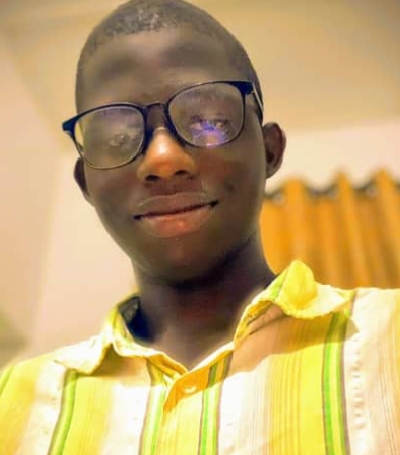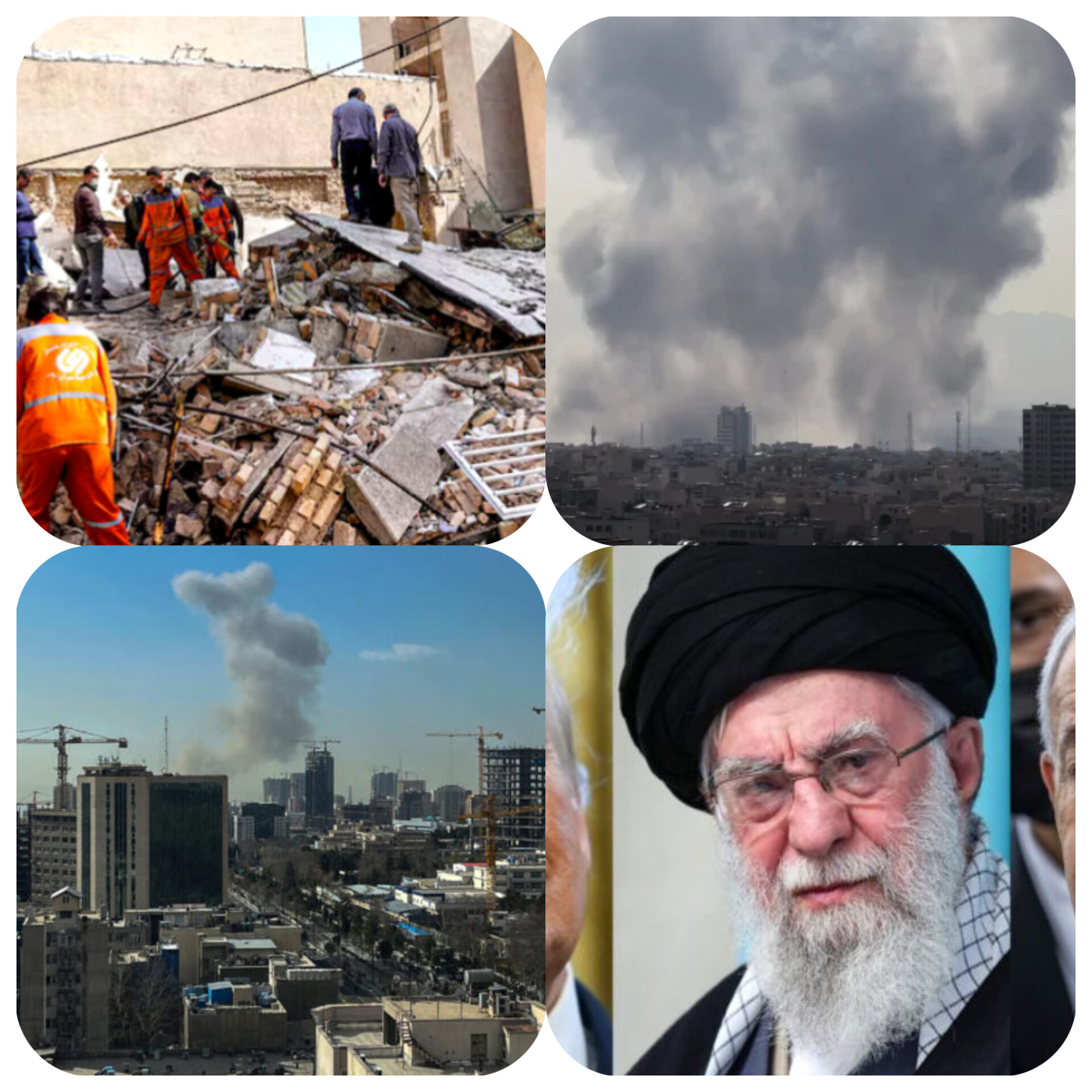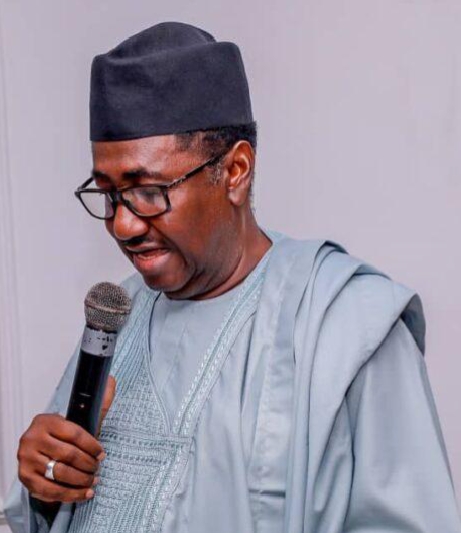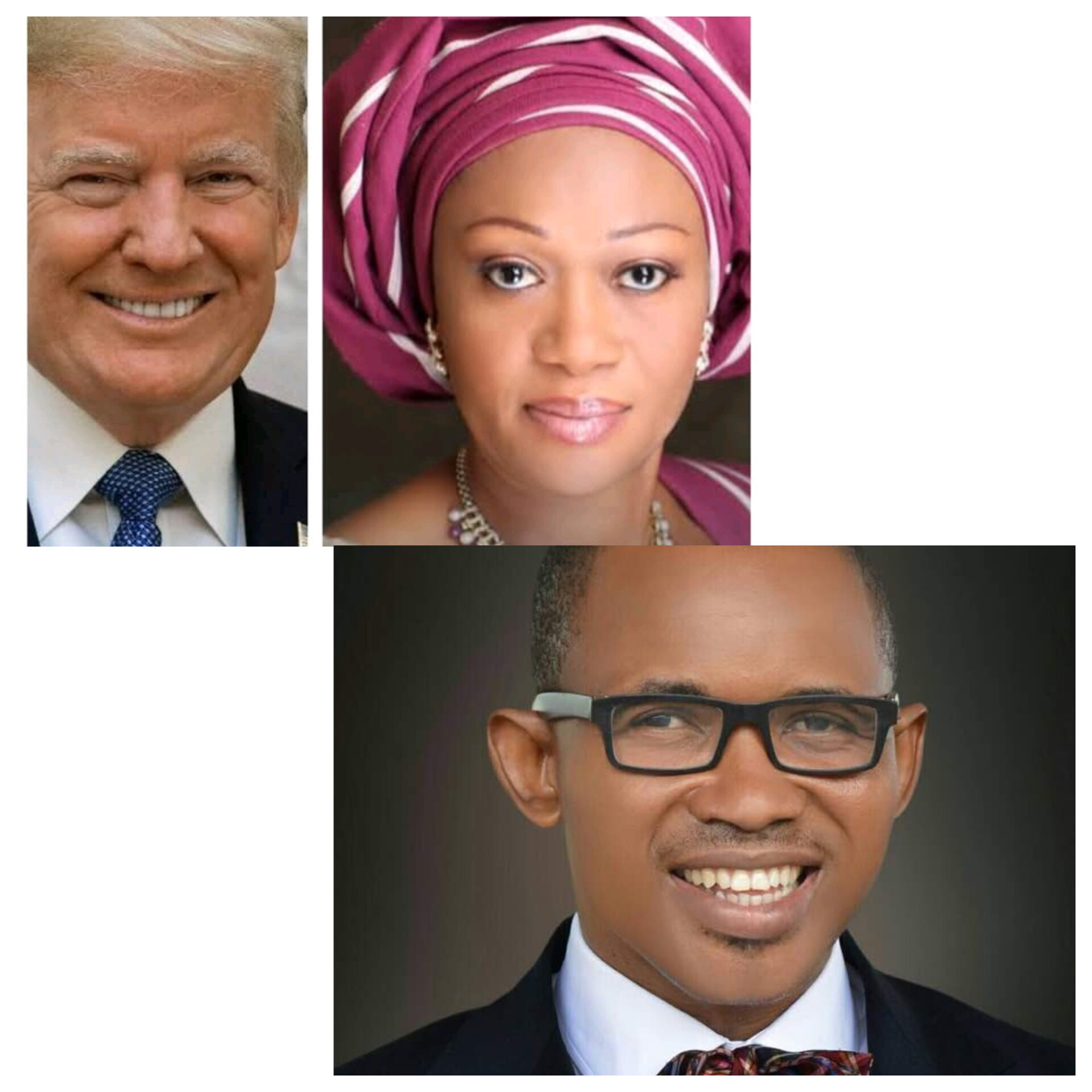Two Worlds, One Planet: The Growing Gap Between Wealth and Struggle. By Eugene Nanven

Two Worlds, One Planet: The Growing Gap Between Wealth and Struggle

The world has never been richer—and never more divided. In cities lit by luxury, others sit just beyond the glow, chasing shadows of opportunity that seem to vanish at sunrise. While some board private jets to meetings about “changing the world,” others walk miles for clean water, food, or basic dignity. It’s one planet, yes. But we are living in two very different worlds.
This article is part of a draft from my upcoming book exploring this division, a work I hope will speak not just to the mind, but to the heart. Because behind every data point is a person, and behind every struggling life is a system too often designed to keep it that way.
Let’s speak plainly: the system is working—for some. It is built on compounding advantage. Wealth builds more wealth, not only through investment returns, but through access: to the best schools, the safest environments, the strongest connections. If money is water, the rich are swimming in it, and the poor are told to build a boat out of dust.
A child born into privilege doesn’t have to be extraordinary to succeed. But a child born into poverty must fight with all their strength to achieve what the privileged take for granted—and even then, many don’t make it. That is not fairness. That is engineered imbalance.
Some say hard work levels the playing field. And while hard work is noble—essential, even—it is not a magic wand. The poor often work the hardest, yet see the least reward. A woman selling fruits under the sun for fourteen hours isn’t lazy. A young boy juggling school with street hawking to help his mother isn’t unmotivated. But effort without access is like climbing a broken ladder—it may keep you busy, but rarely gets you anywhere higher.
The more painful truth is that society often rewards perception, not value. A suit in a boardroom may move numbers on a screen and earn millions. A nurse in a rural clinic may save lives daily and go home hungry. Somehow, we’ve mistaken affluence for worth. And as long as this continues, the gap won’t just grow—it will become irreversible.
Still, this isn’t about bashing the rich. Wealth in itself is not evil. Many have earned it through vision, discipline, and service. The problem is not that some have more—but that so many have so little, and the bridge between the two has been guarded, mined, and even burned.
Now, here’s a small dose of humor (as promised): if inequality were a sport, we’d be setting world records every year. But no one would want to stand on the podium to collect that trophy.
It’s important to understand that the widening gap affects everyone. A society where the many live in desperation cannot be truly stable—not for the wealthy, not for the poor. History reminds us: revolutions, unrest, and even the collapse of empires often begin when the masses are pushed to their limit.
So, what’s the solution? The answer is neither charity alone nor slogans about equality. It’s structural reform—economic, educational, judicial. It’s about creating systems where everyone, not just a privileged few, can thrive. And yes, it’s also about mindset. We must stop teaching the poor that they are helpless, and stop teaching the rich that they are the sole architects of destiny.
In writing my book, I’ve met young minds with brilliance beyond imagination, trapped in poverty not of their making. I’ve also met people with unimaginable wealth, burdened by fear, isolation, and a desperate search for meaning. Perhaps we are all poor in different ways—and rich in ways that money cannot always measure.
But until we create a world where success is determined by potential, not by postcode or parentage, we will continue to exist in this cruel divide.
Let this article be a reminder—not just to governments or corporations, but to all of us. To see beyond ourselves. To recognize our common humanity. To stop being comfortable with a world where a child in one part dies from hunger while another argues over which brand of bottled water is more “artisanal.”
What lesson can be learned from this? That life, as it is, may be unfair—but we do not have to be. Each of us can become a force of change, however small. We can question, challenge, and disrupt the patterns. We can mentor. We can open doors. We can give not just out of abundance, but out of belief in a more balanced future.
And most importantly, we can choose not to be blind. Because if we keep pretending we’re all playing on the same field, we’ll keep losing—not just individually, but as a shared humanity.
This is not just a critique. It is a reminder that we live once. We breathe the same air. And if there truly are two worlds, maybe it’s time we tore down the wall between them.
_Eugene Nanven is a writer, researcher, and founder committed to making the world a fairer place. This article contains excerpts from his forthcoming book on inequality and human dignity._





